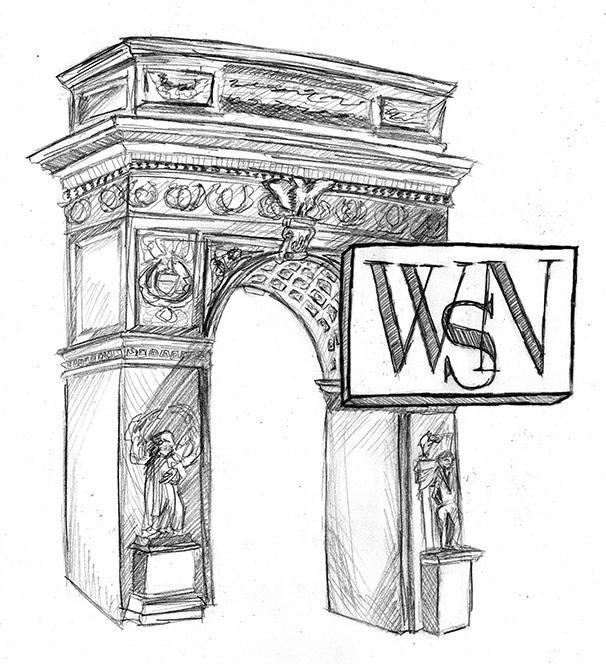Most NYU students know the phone number of the Wellness Exchange, the successful result of an intense and consistent advertising campaign to make sure students are aware of the most important mental health resources available to them. Despite this success, the Wellness Exchange is just one of the many services available — you’ve just never heard of a lot of them. There’s a lack of information about a sizeable amount of NYU’s services. Regardless of how useful the programs may be, they’re rendered ineffective by their inaccessibility. the Student Health Center, NYU must do more to inform students of their options. At best, their decision not to advertise is a huge oversight in their mental health services. At worst, this was a choice made by the university so they wouldn’t have to cover the costs of providing students with the care they need.
This is not the first time NYU has had a problem with under-advertising. WSN reported on NYU’s under-advertisement of its Food Courtesy Meals program in 2018. This resource provides students with $75 Dining Dollars, no questions asked, up to two times during their tenure at NYU. The measure was introduced in 2016 but wasn’t advertised to students. Vice President of Student Affairs Marc Wais said “Our only concern is we don’t want students to view this as an entitlement or to exploit the program and consider it to be like a free T-shirt.” It is unacceptable that a school administrator preferred keeping a program inaccessible to those who needed it out of the fear of exploitation. This was only confirmed by a spike in usage the following academic year — by almost 5,000%. Prior to the announcement, only students who called the SHC with hunger issues were notified of the program’s existence. In other words, the university waited until the point of critical food insecurity before telling students about a pre-existing program specifically created to address their issue.
In regard to mental health, it appears that NYU is once again waiting until the point of crisis to tell its students about their resources.
Students often complain about a lack of mental health resources at NYU. However, many of these services exist — they’re just hard to find. In response to a 2013 federal mandate forcing universities to update their sexual assault practices, NYU established “Sexual Misconduct Prevention, Assistance, Counseling and Education.” Among other things, S.P.A.C.E. provides vital resources for victims of sexual assault, including rape kits for up to 96 hours after an assault, accompanied hospital visits and direct assistance arranged by NYU’s Title IX Coordinator. But one would be hard-pressed to find S.P.A.C.E. advertised anywhere on campus. According to a story published last year by NYU Local, all 60 students contacted for comment on S.P.A.C.E.’s services had no idea that it existed. Aside from the service’s sparse page on NYU’s website, it’s rarely offered as a resource — when university spokesperson John Beckman mentioned S.P.A.C.E. in his letter to the Graduate Student Organizing Committee regarding their protests to fire Professor Avital Ronell, it was the third time that the resource had ever been mentioned by the university directly (the second being a brief mention in the 2017–2018 NYU Student Health Insurance Guide).
If the university was going to create resources like these for students who need them, why wouldn’t they tell their students about them?
Before NYU began advertising its Courtesy Meals program, it spent 3,000 Dining Dollars on the program in a single academic year. After publicly announcing the program, NYU spent over 200,000 Dining Dollars over the next academic year, according to an email from Wais. While the specifics of NYU’s budget haven’t been made public, we know this: after news broke of NYU offering resources to students in need of them, NYU spent 67 times more than what they had previously been spending on the Courtesy Meals program.
Despite their promise to advertise the Courtesy Meals Program, NYU has failed to mention the program in this year’s dining guide. It should not be students’ responsibility to search for programs that are readily available to them. By choosing to not advertise programs that will help students, NYU is not only failing to meet students’ needs, the administration is making an active, cost-saving choice to hide the resources that could save them.
A version of this article appeared in the Tuesday, Sept. 3, 2019 print edition. Email the Editorial Board at [email protected].


























































































































































